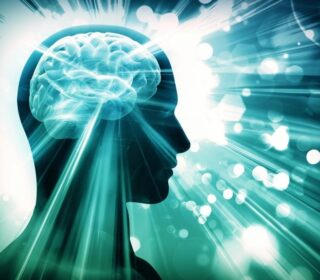The intersection of artificial intelligence (AI) and human evolution has sparked intriguing discussions. A recent study by Robert C. Brooks, published in The Quarterly Review of Biology, explores the potential impact of AI on human evolution. Brooks examines how AI-driven technologies influence social dynamics, matchmaking, intimacy, virtual friendships and the criminal justice system.
Human-AI Interactions: A New Era of Social Dynamics
Human-AI interactions are increasingly resembling human-human interactions, with computers becoming essential social actors. These interactions may drive evolutionary changes, particularly in:
- Matchmaking and dating apps: AI-facilitated partnerships.
- Intimacy and virtual friendships: Shifts in emotional connections.
- Criminal justice system: AI-assisted decision-making.
Evolutionary Predictions
Brooks’ review yields several predictions:
- Smaller brains: Acceleration of existing evolutionary trends.
- Attention spans: Selection pressures on focus and concentration.
- Personality types: Changes in trait development.
- Mood-disorder susceptibilities: Increased vulnerability.
- Social behavior: Shifts in intimacy-building and mating competition.
The Future of Human Evolution
While predicting AI’s impact on human evolution is challenging, Brooks concludes that:
- Human-AI interactions will have cumulative effects on differential reproduction and gene frequencies.
- Immediate effects on individual lives, well-being and happiness will outweigh long-term evolutionary changes.
- Cultural evolution will be significantly influenced.
As Brooks notes, “Predicting selection and resulting evolution of humans in a fast-moving AI-rich world” is inherently complex.
Reference
Brooks, R. C. (2024). How Might Artificial Intelligence Influence Human Evolution? The Quarterly Review of Biology, DOI: 10.1086/733290

















